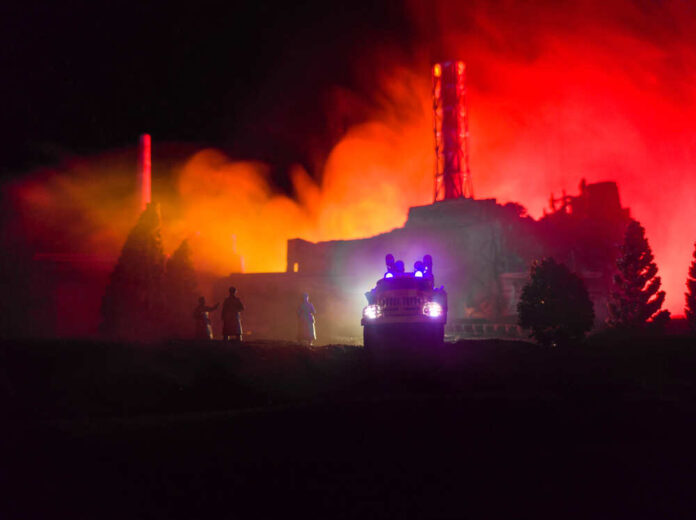
The explosion at the Minden, Louisiana plant, which is the sole domestic manufacturer of black powder, the original form of gunpowder, has become a significant concern for national security. With the facility being offline for over two years, the production of bullets, mortar shells, artillery rounds, and Tomahawk missiles has been at risk. In today’s world of heightened volatility and danger, the loss of the only domestic source of this critical explosive material is a grave matter. This article explores the importance of the sole U.S. gunpowder manufacturer and its impact on national security.
The Explosive Event. The Minden plant suffered a massive explosion almost two years ago, resulting in the destruction of all its equipment. Luckily, no injuries were reported; however, the factory has remained non-operational since then. The decreasing number of military suppliers in the U.S. is a grave concern for defense experts, congressional staffers, and U.S. military officials.
The Significance of Black Powder. Black powder is an indispensable substance that serves as a catalyst to trigger more potent explosives within munitions. Its applications in the military are widespread, with more than 300 types of munitions requiring black powder, including bullets for M-16 rifles and M4 carbines, cruise missiles, and most importantly, the critical 155mm shells. The significance of black powder in modern weaponry cannot be overstated, and its loss poses a significant challenge to national security.
The Impact on National Security. The Department of Defense heavily depends on black powder to produce essential munitions, and the unavailability of the only domestic source of this explosive material poses a severe threat to national security. The production of crucial ammunition like bullets, mortar shells, artillery rounds, and Tomahawk missiles has been impacted, leading to a complete halt in production. Furthermore, smaller defense companies, which are the primary producers of vital components such as black powder, are often the only sources of such materials. Thus, any crisis affecting them can bring the entire production process to a standstill.
The Single Source Problem. The Pentagon refers to this vulnerability as the “single source” problem, which is widespread in the U.S. military’s industrial base. Profits from black powder production can be insufficient to support multiple manufacturing facilities due to limited sales volume. Similarly, there is only one foundry in the U.S. that produces the titanium castings required for howitzers, and only one company manufactures the rocket motor utilized in the widely-used Javelin anti-tank missile.
The explosion at Minden serves as a poignant reminder of the risks faced by the U.S. military. The challenges are even more apparent when supplying weapons and ammunition to nations like Ukraine or replenishing reserves in preparation for potential contests with China during the era of great-power rivalry, especially with the dwindling number of military suppliers in the U.S. The scarcity of essential parts and components is especially pronounced in 155mm howitzer shells, which have played a vital role in repulsing Russian forces. Jeff Rhoads, the Executive Director of the Purdue Institute for National Security, expressed his apprehension over the supply chain of vital parts during active war or NATO.














